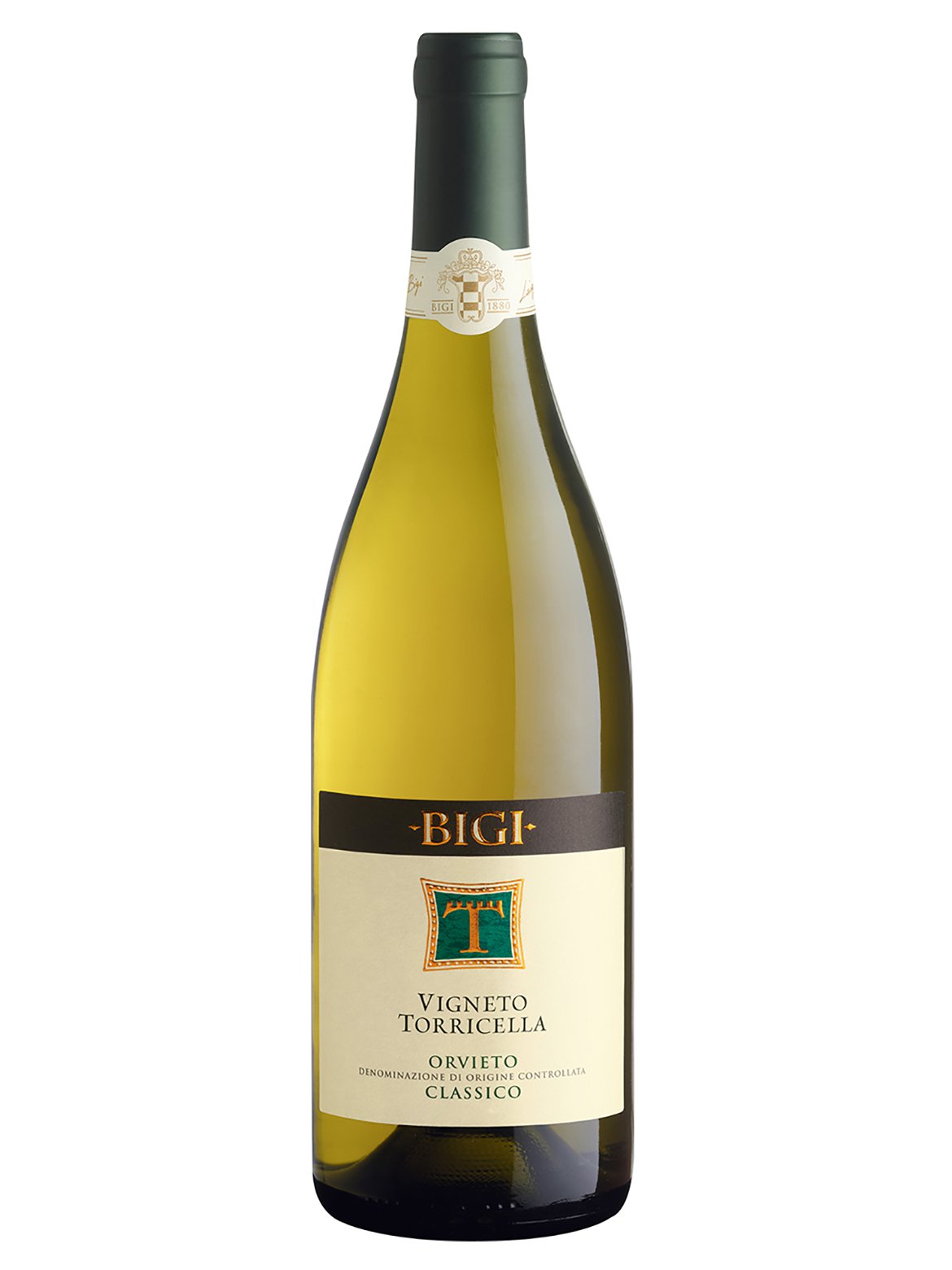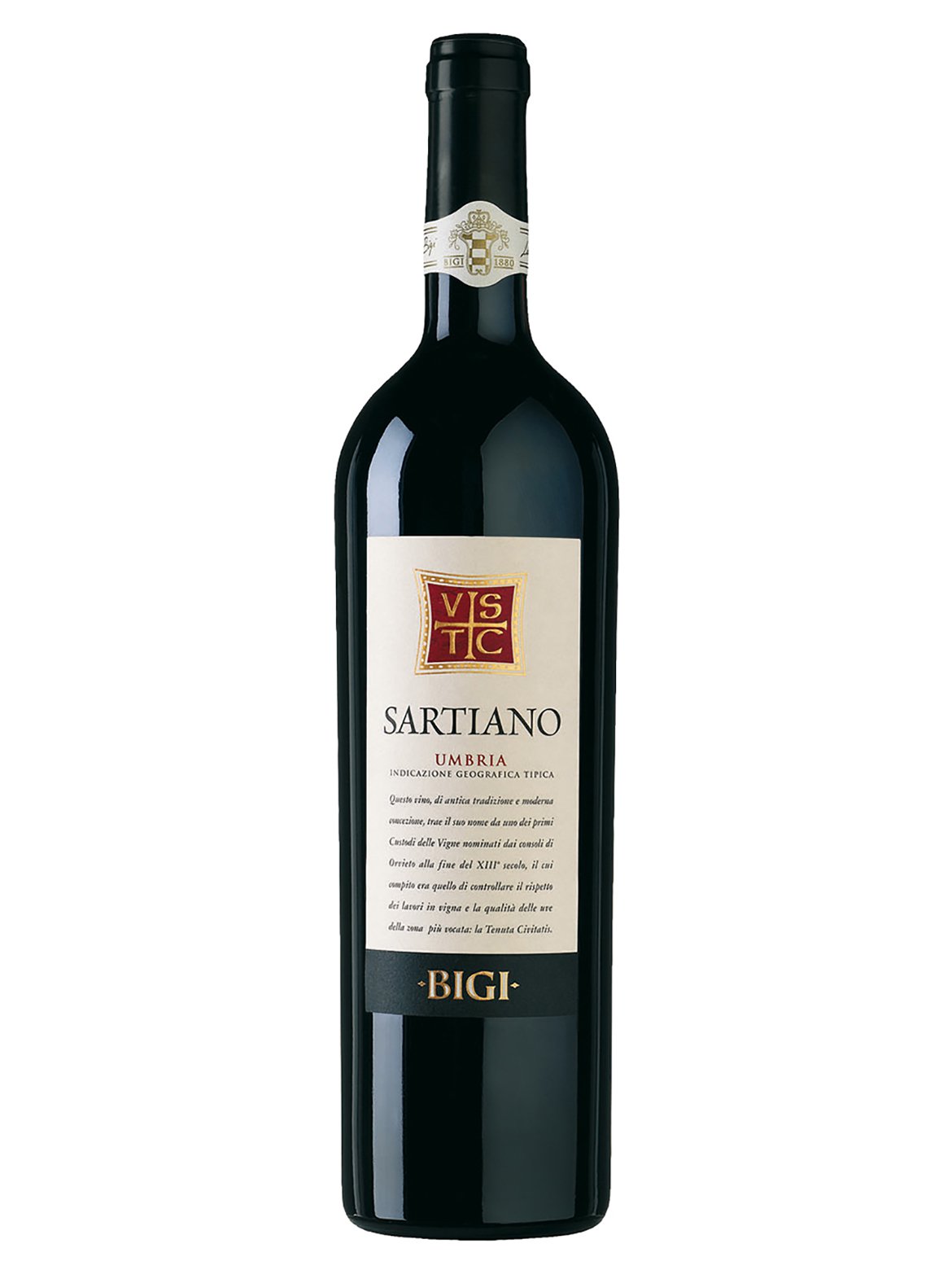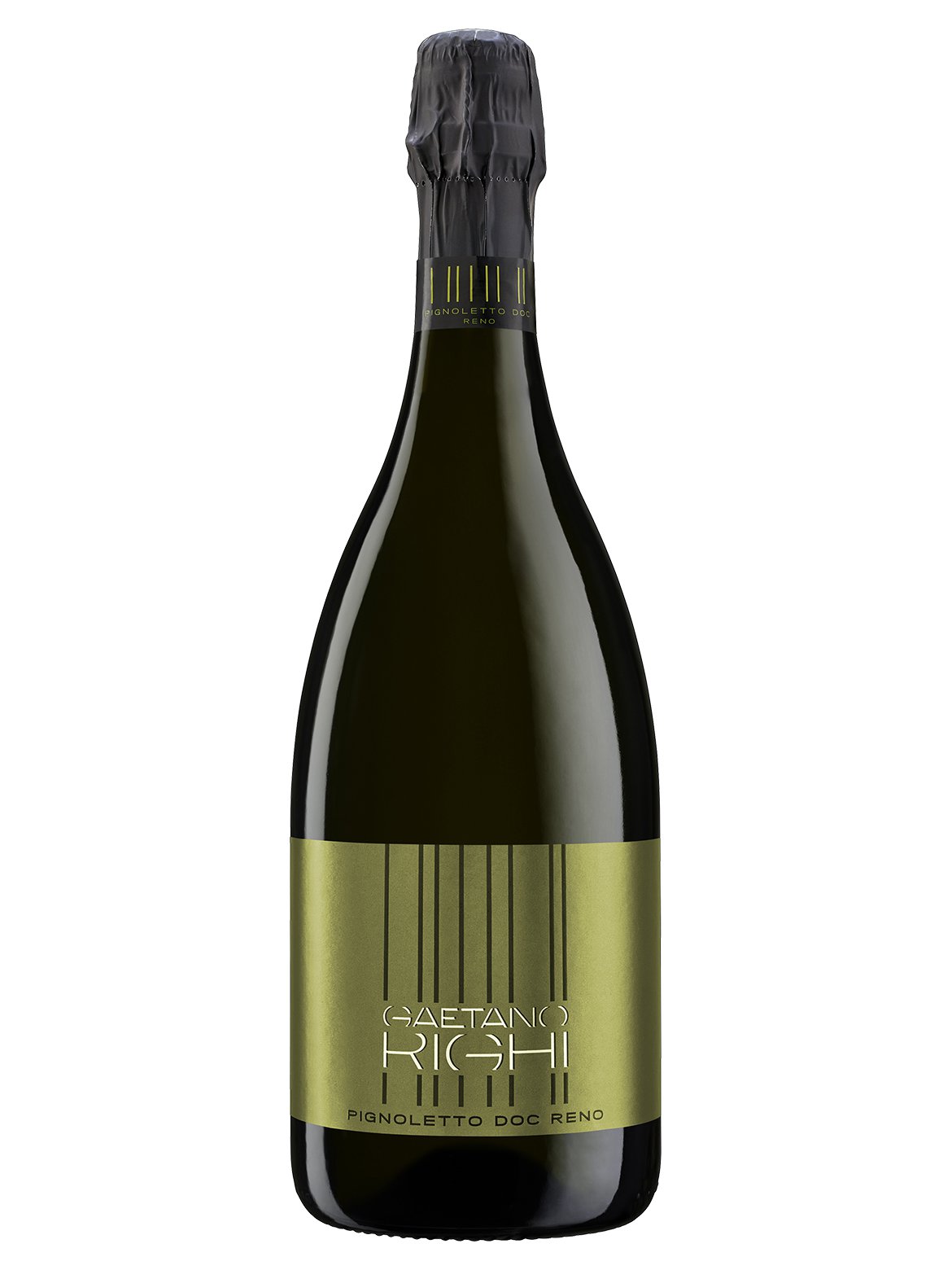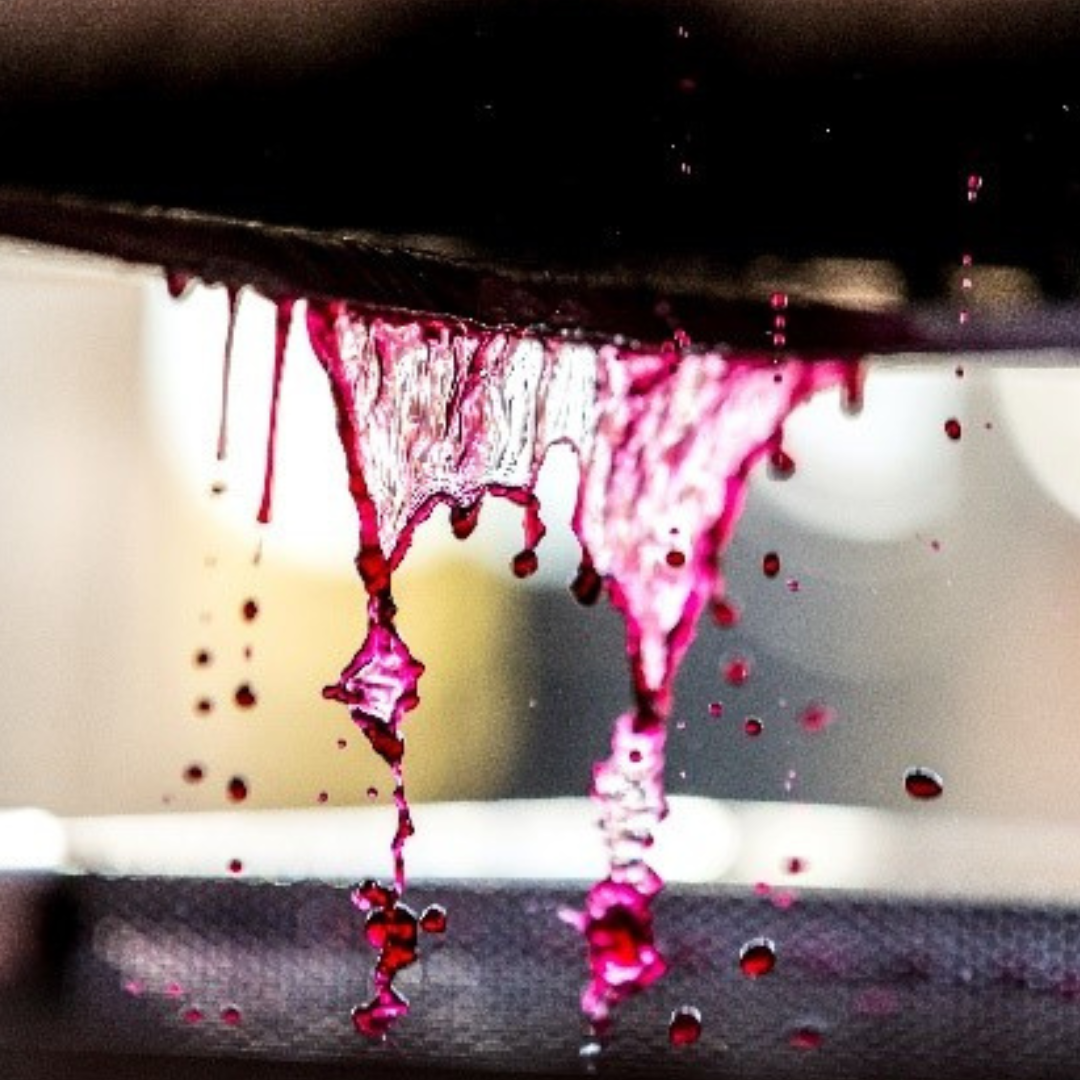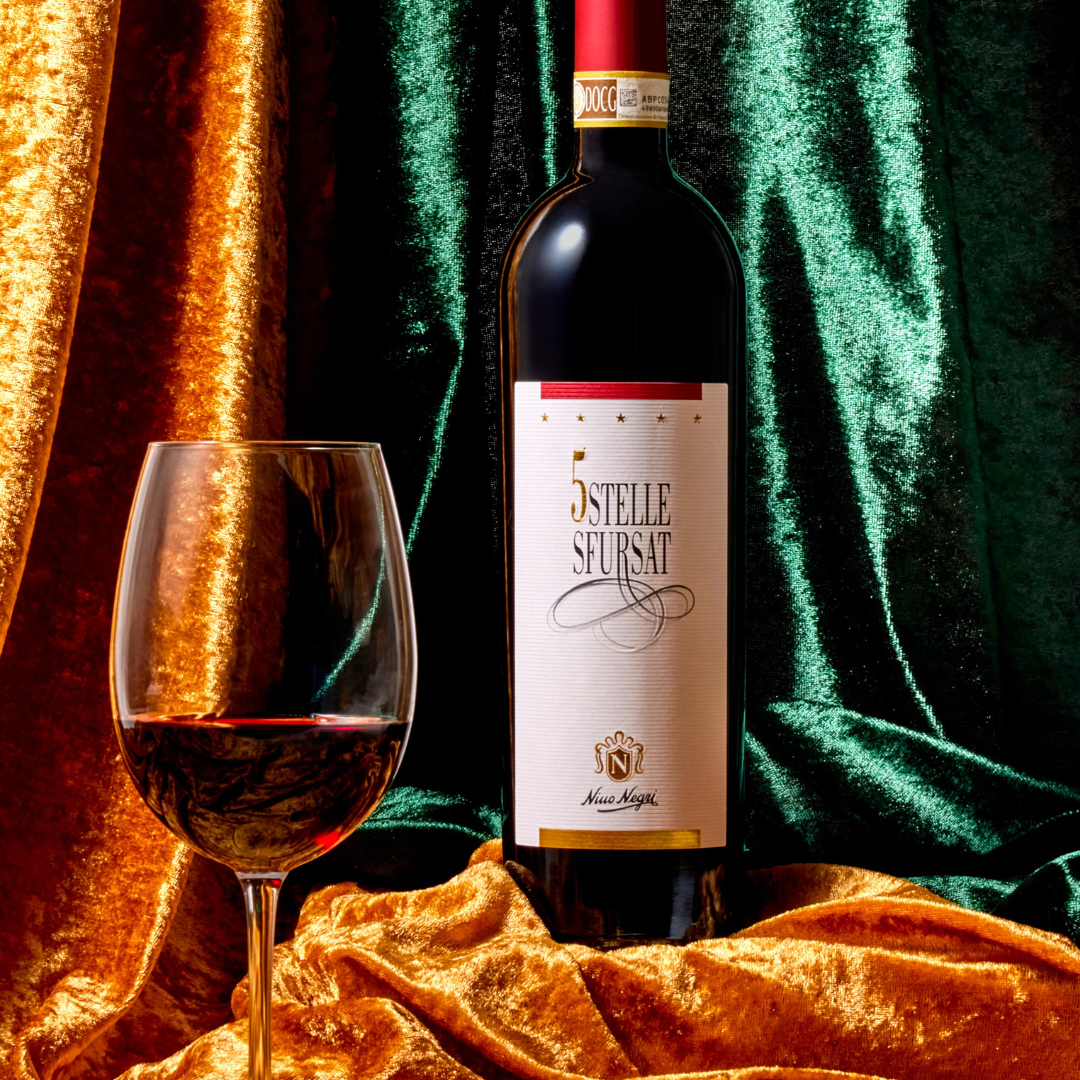Di Vino
Grechetto: the Umbrian Wine with a Mediterranean Flavour
24/08/2016

Grechetto, greco, grecanico …. these grapes have similar names but they have nothing in common except, as their names suggest, where they came from originally, Greece or, more generally, the Mediterranean. But who knows if they were brought here centuries ago by Greek settlers from Magna Grecia or if perhaps to define them or distribute them as "Greek" grapes was considered synonymous with quality.
Umbria, home to great white wines
Apart from the confusion arising from its name, Umbrian Grechetto has a long list of curious synonyms, "pulcinculo bianco", "pulce" (flea), "occhietto" (wink), "grechetto nostrale" (our grechetto) o "greco spoletino" (Spoleto greco), greco bianco di Perugia" (white greco from Perugia). Another local name is Strozzavolpe which conjures up the picture of a noble Nature tamed by man's intelligence. In fact the name comes from a legend according to which a very cunning fox who was rather partial to this grape always managed to escape the hunters' shotguns due to its ability both to hide itself and to breathe fire and flames at its pursuers until it ended up in the hands of a Duke who had set up a nocturnal ambush in which the fox was strangled.
The Grape
Grechetto is widespread in central Italy and particularly in Umbria where it is considered a native variety and the most representative of the region. In fact central Italy is recognized for its production of white wines of great structure and personality. In fact a classic Italian wine, Orvieto is made up of grechetto along with other grapes such as, for example, Tuscan trebbiano, white malvasia, verdello, drupeggio and others, amplifying its aromas and depth.
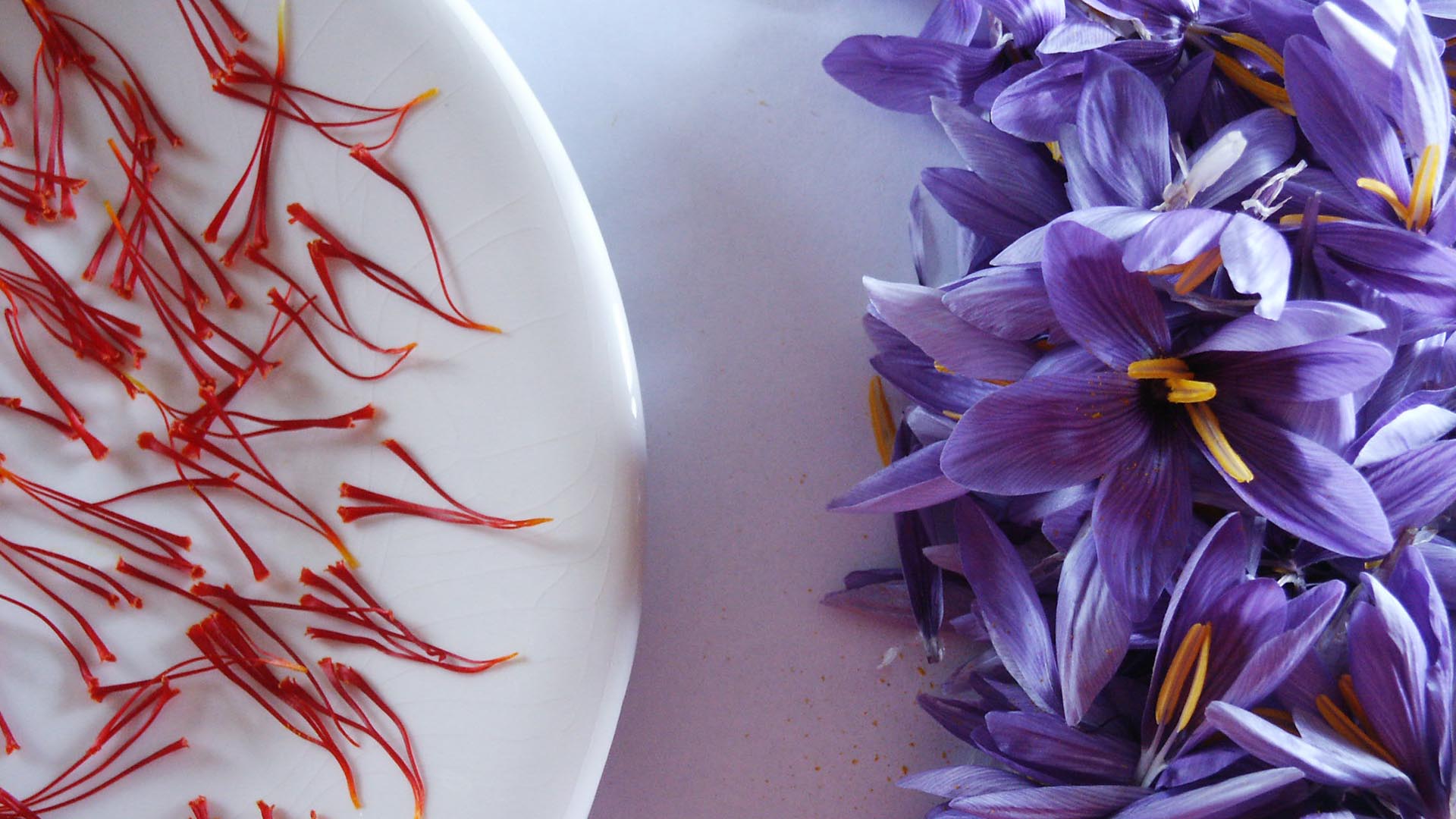
Grechetto: tips from our sommelier
An attractive, single variety wine which in the last few years has obtained the success it deserves: a bright colour, on the nose intense notes of pear, peach and exotic fruit mixed with hints of hawthorn flower, and the characteristic suggestion of hazelnut and almond. A vigorous and fragrant Mediterranean wine.
Flavorsome and with a lively minerality it makes an excellent wine for pairing with many dishes: soft cheeses, fish soup, codfish and rabbit "all'orvietana", it also goes down very well with saffron recipes!
Something that not everyone knows about: pignoletto from Emilia is a grechetto! And shares its delicious fruity and aromatic flavor and consistent structure.
What are you waiting for? Try it now!
Photo Credits "Creative Commons Summer in Castelluccio di Norcia" by Antonio Cinotti, used under CC BY
Photo Credits "Creative Commons Zafferano" by Agriturismo, used under CC BY / Resized from original
Read others post


